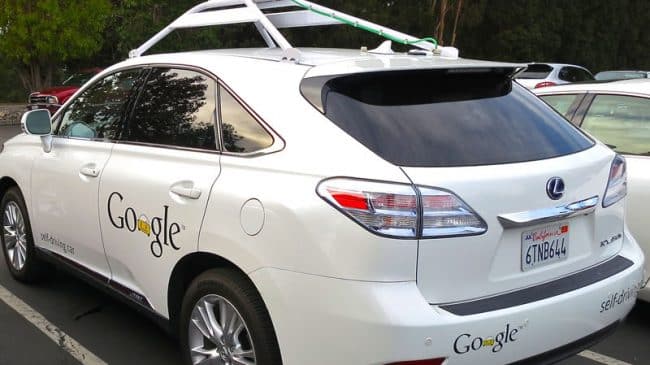Autonomous technology has the power to shift the future of our transportation economy. An industry currently serviced by truck drivers, chauffeurs, taxi drivers will become obsolete. But this is not a new trend. Machines and technology have been “stealing our jobs” since the invention of the first Oldowan tools. Politicians often rail against lost jobs, ignoring the added benefit of a more efficient society with new industries. They worry that factory workers, convenience clerks and bank tellers will all be unfortunate victims of progress. Politicians fail to consider the economic surplus that results from decreased labor and a reduction in other operational expenses such as medical insurance. Autonomous technology is not stealing our jobs. If anything, it is creating new ones.
Surplus labor creates new industries and more efficient economies. This is a basic economic principle. Henry Hazlitt’s “Economics in One Lesson” responds to the classic paranoia of technology eliminating jobs. “Destroyed a thousand times, it has risen a thousand times out of its own ashes as hardy and vigorous as ever.” In an ironic tone Hazlitt continues, “Not only must we be causing unemployment with every technological improvement we make today, but primitive man must have started causing it with the first efforts he made to save himself from needless toil and sweat.”
Employed workers contribute to the economy. And they contribute by producing goods and ideas that the marketplace demands. If an individual wants to go from point A to B, their mode of travel has no economic effect on the passenger. The effect is only on the driver’s income.
Surplus is a positive externality of efficiency. Capital or resources previously used for a truck driver’s salary or a taxi’s fare can now be allocated for goods or services that hold more value than the previous good or service. The surplus that is created as a result of the autonomous vehicle has advantages such as reducing shipping costs or taxi fares. Aside from commercial application, autonomous vehicles can also help to improve the personal efficiency of individuals. Instead of spending the commute focusing on the road, commuters would be free to shift their attention to leisurely activities or a project for work.
The invention of the internal combustion engine made steam engines and the large crews required to operate them obsolete. The same could be said for the whale oil lamp, which required a large industry of whale fishing that was gradually replaced by the kerosene lamp and then the light bulb. Many other technologies including automatic teller machines (ATM’s), self checkout counters and electronic tolling have improved society but also led to temporary job layoffs. Technological advances will kill jobs; but such advances will create other jobs to take their place.
Entire industries and sectors of the economy grew out of surplus capital. Entertainment, for example, would not be possible if all of the labor that goes into producing creative content were still glued to the factory floor. Our standards of living have increased as a result of the improvement in automation. We are given the freedom to explore new disciplines and innovative concepts leaving menial tasks to machines instead of people.
It is challenging to shift labor to new industries. However, forcing our economy to stagnate merely to preserve archaic methods of transportation would be foolish. The net positive benefit when reduced shipping rates and overhead are factored in is substantial. We don’t have whale fisherman anymore. Why should we require taxi drivers when technology can supplant them? As we automate our methods of transportation, we should look towards changing trends not as a pandemic of job loss, but rather as an opportunity gain.

